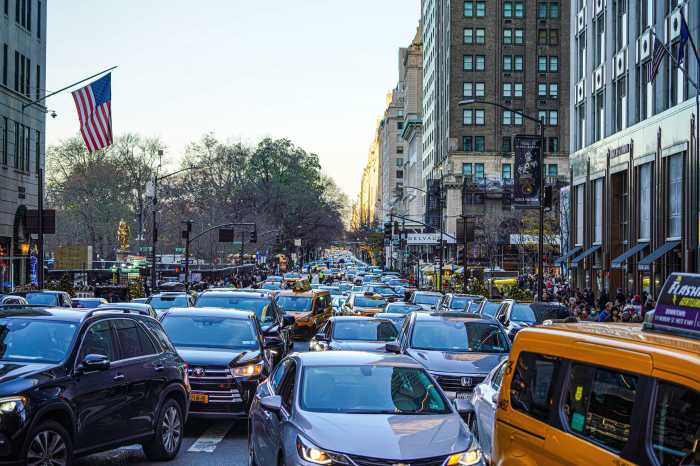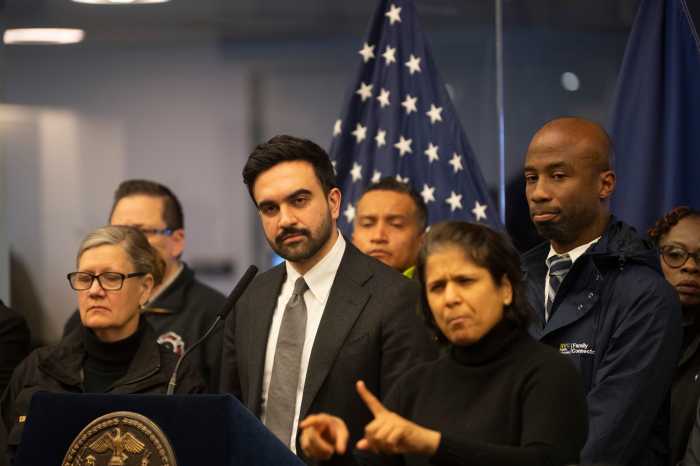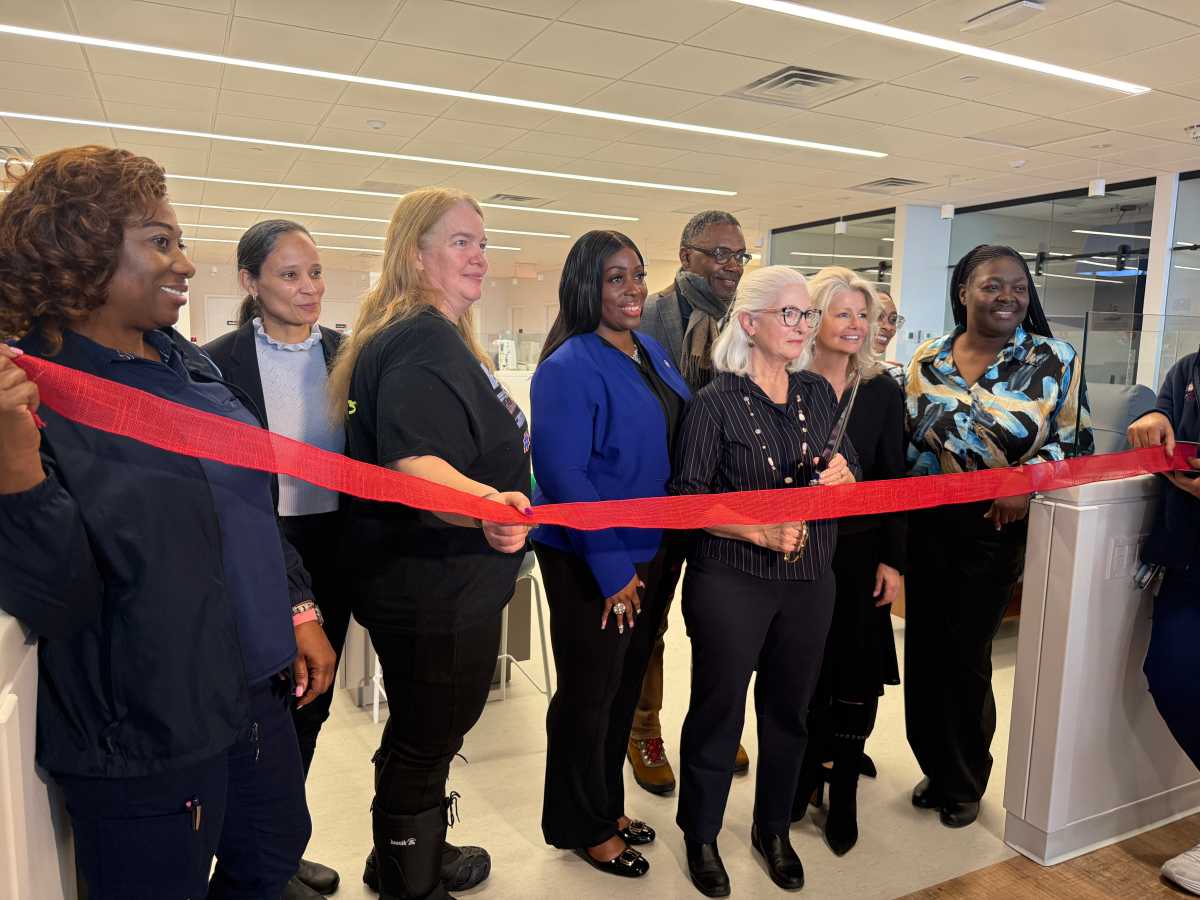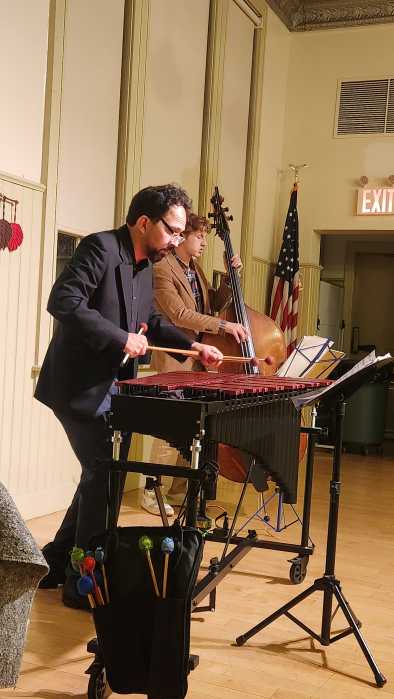Last month, Gov. Andrew Cuomo signed the nation’s most ambitious effort to confront climate change. The Climate Leadership and Community Protection Act will require greenhouse gas emissions across the economy to be cut to zero by the middle of the century — including New York’s leading contributor to climate change, transportation.
That means we must rethink how we get people out of cars and into more environmentally friendly modes of transportation.
How will we do that? More spending on subways, buses and rail must be part of the equation. We need to give people transportation choices that will make them walk away from cars, especially those New Yorkers who don’t live within walking distance from a station or live in a transit desert.
Cities across the world have deployed the answer we seek: micromobility. Shared e-bike and e-scooter systems are replacing car trips to-and-from public transport, shortening commutes and improving traffic in downtown areas. They are bridging divides between underserved neighborhoods and public transportation.
This would be a game-changer for New Yorkers’ mobility and our environment. In NYC alone, 1.4 million households own a car and 27 percent of the city’s workforce commute using a car.
That’s why the State Legislature passed a bill authorizing localities to create shared bike and scooter programs. Cities like Rochester have scooter regulations in place in anticipation, and other municipalities — like New York City — can soon implement pilot programs. Cuomo just has to sign the bill into law.
Some New York towns and cities are testing limited pedal-assist e-bike programs. Tens of thousands in the Bronx, Queens, and Staten Island have used dock-free e-bikes. White Plains, Yonkers, Elmira and Ithaca’s dock-free bikeshare programs have also had impressive results.
These programs show it’s possible to beat car dependence, and that integrating new forms of transportation into New York’s road grid is feasible. Cities around the world show this shift can work, as well. A study from Portland, Oregon, shows that 34 percent of people chose e-scooters over cars, taxis, and rideshares.
Let’s think big if we want to tackle this climate crisis.
Julie Tighe is president of the New York League of Conservation Voters.






































